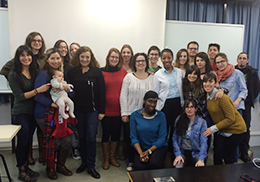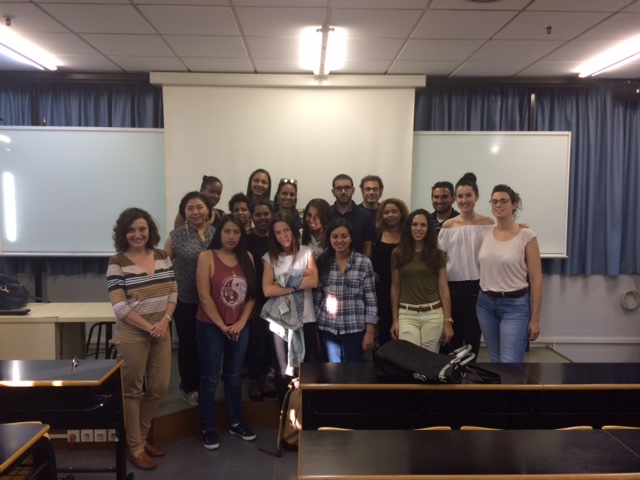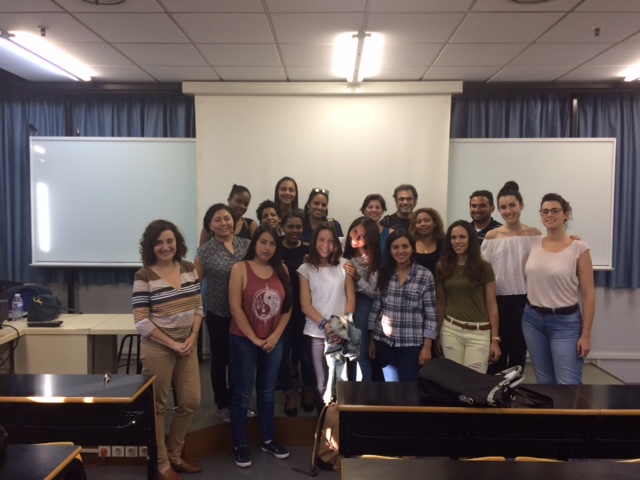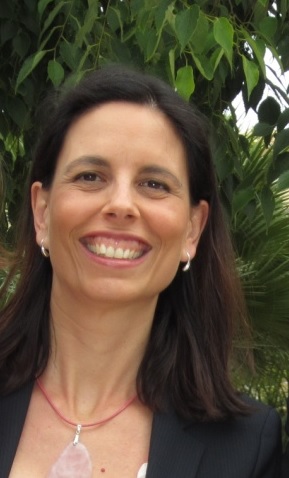
25 february 2016
On 28 January 2016 took place at the MEPT the “Workshop on Chagas’ disease: raising the patients’ voice” given by the Dr. Miriam Navarro Beltrá, research doctor, and Briggitte Jordan, health worker specialised in Chagas’ disease, both from the Mundo Sano España foundation.
In the workshop were tackled a series of community actions promoted by Mundo Sano to inform, diagnose and treat the people affected by Chagas’ disease in Spain, an illness that –according to numbers of the Pan American Health Organisation (PAHO)– affects between 8 and 10 million people worldwide.
This disease is caused by the species Trypanosoma cruzi, a parasite that is transmitted by the bite of Reduviidae bug, which are insects that feed from blood and live mainly in rural and periurban areas in Latin America. Other transmission routes are by the intake of contaminated food by the faeces of such bugs that act as vectors, by blood transfusions and organ transplantation of donors affected by the disease and by the mother-child transmission during pregnancy.
Initially, Chagas’ disease was confined to the Americas Region, mainly Latin America, but nowadays it has reached other continents, including Europe. This disease can be cured if the treatment is given soon after being infected. In the chronic phase of the disease, an anti-parasite treatment can slow down or prevent the progression of the disease. Up to a 30% of chronically ill people present heart disturbances and up to 10% suffer from digestive, neurological or combined disorders. All these manifestations can require a specific treatment. The vector control is the most useful method to prevent Chagas’ disease in Latin America. Blood screening is decisive to prevent the infection through blood transfusions and organ transplantation. Diagnosis of the infection in pregnant women, their newborns and siblings is essential.
In the workshop we dealt with the problems of Chagas’ disease in the Latin American migrant communities in Spain and with the programme “Mothers committed to Chagas’ disease”, aiming to train ill women so that they officiate as intercultural mediators and can help in the work that Mundo Sano carries out together with different health centres.
Published by: Paula Tomás Gimeno











